Who should we be coaching and what’s in it for us?
Who should we be coaching and what’s in it for us?
-
Who should we be coaching?
-
What will it deliver for my business?
With budget under scrutiny it is easy to understand why the questions on the mind of many prospective clients are:
A survey of senior executives of 25 bluechip organisations, designed to assess the effectiveness of coaching as a management development tool was recently quoted in the Journal of Management Development. It revealed an across-the-board consensus of UK senior executives that coaching was one of the most powerful strategic and tactical weapons open to businesses today because of its ability to enhance areas of executive expertise that were already at a high level and to establish skills that were previously absent or weak.
The same survey quoted a respondent who recommended that UK executives learn from the US "where people are actually often proud to admit that they are being coached because they see it as indicating the importance their employer attaches to them. In the US it is taken for granted that performance will improve significantly as a result of coaching, although certainly it is also accepted that deep-rooted negative attitudes and behaviours will take time – perhaps several months – to shift."
In my career in the pharmaceutical industry, where technical skills and business acumen must work hand in hand, I have seen numerous examples of the value of coaching. There are abundant courses on which to learn technical skills and conferences to keep up to date in this fast moving industry. However the kind of learning which puts all this expertise to best use is an unconscious process.
Those managers who coach can give important feedback and training. A specialist coach provides a structured, outcomes led process to create outstanding performance – both improving the performance of the executive and demonstrating a process (s)he can use with their team.
We can learn a lot about coaching from parents 'teaching' children to ride a bike. We support them when they start, we encourage, we reduce risks where we can, but we do not teach the highly intricate balance required while pushing alternate pedals. The process rapidly becomes an unconscious skill and this is when we are at our most effective.
Can we still learn like this as adults? Well, yes. Most of us learned to drive a car and now do so with little thought about much of the process, our awareness, importantly, being directed at what is around us.
I experienced a direct example of the speed of unconscious learning over the weekend, when I injured my right hand to the point that I couldn’t even lift a kettle without excruciating pain. Initially I found my conscious mind telling me to use the other hand. Rapidly, however, my left hand became dominant for all activities – no thought required!
When one applies this analogy in the business setting it is easy to see the value that can be added to individual and team performance when conscious 'tools' can become subconsciously understood and used. How often do we see people 'working hard' after a training course to apply their learning? In the early days they may struggle consciously to change old habits, but so often they eventually return to their old behaviour.
Coaching will enable them to retain and apply the learning. Enhancement of the learning process through coaching makes this easy and delivers greater results for less effort. Coaching can help the unconscious deliver what is hard work for the conscious mind!
The expert executive coach will combine specialist skills in communication at conscious and unconscious levels to help clients identify direction and overcome obstacles on their path to success.
So who should we be coaching?
Coaching performs at all levels of an organisation, particularly in high performers and at the top where there are less role models and precedents, and maximum leverage can be achieved.
What is in it for the business?
Consider an executive earning £50,000; overheads increase this by two and a half times and the company makes a net profit of 10%. This means that at the margin the company needs a turnover of £1.25 million to cover his/her costs! An expensive asset to release for training courses, and certainly an asset that must perform at its maximum potential!
Coaching helps set better goals, and reach goals faster, make better decisions and improve relationships. An effective process for achieving business results and gain more for less.
It requires limited time, is work related and outcome oriented to make an executive more effective – or to remove blockages that frustrate performance. Minimum time input and maximum performance improvement.
The higher the pay, the more appropriate executive coaching becomes. Coaching at the top has the greatest leverage on corporate performance.
Tim Paget, Managing Director, Navigate Medical Ltd
Brefi Group Limited
Unit 11 BSC, Hood Road
Barry CF62 5QN
United Kingdom
Reg. No. 1669333
Copyright 2024 Brefi Group Limited. All Rights Reserved
